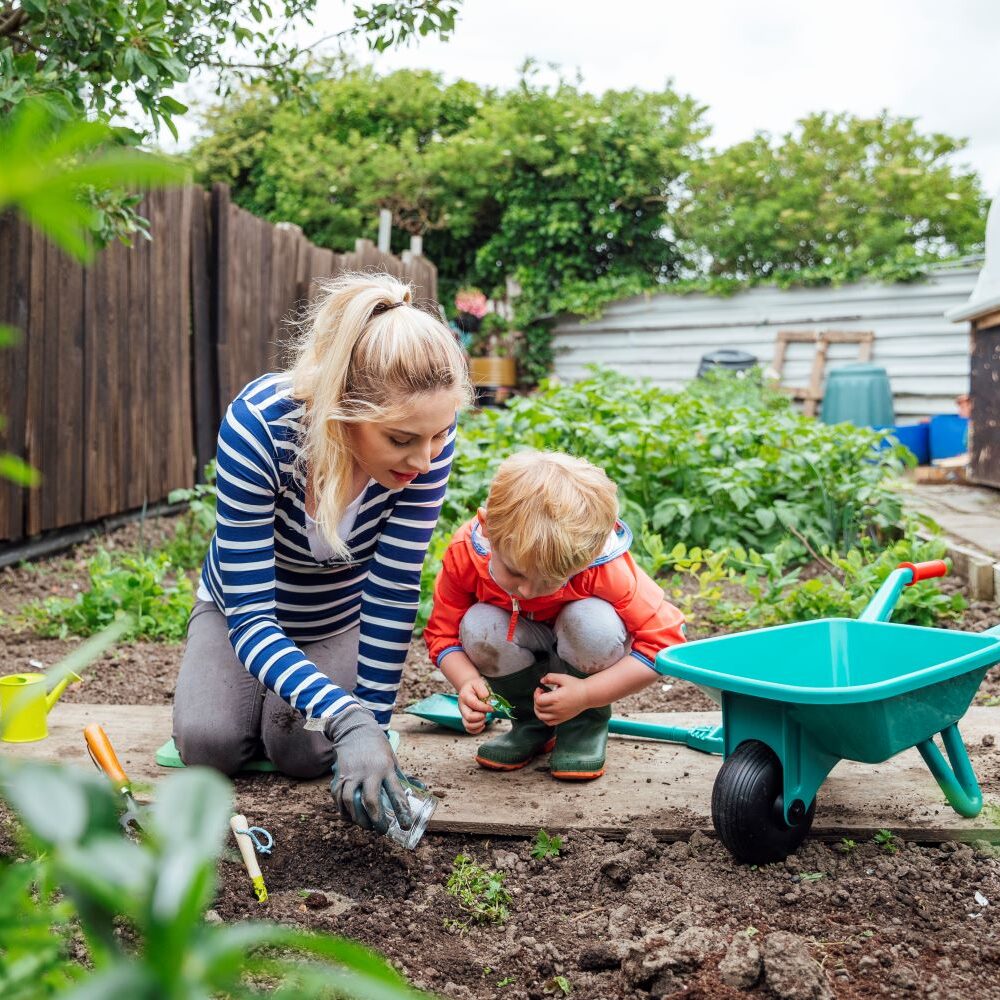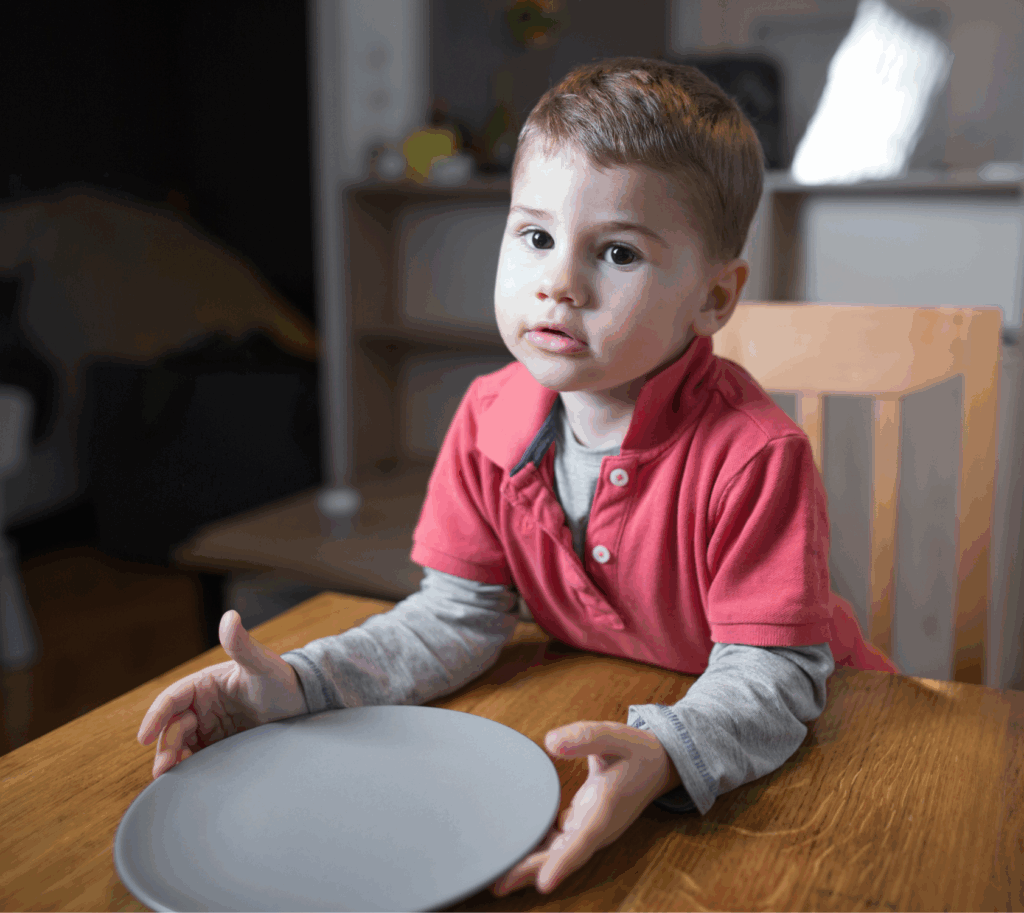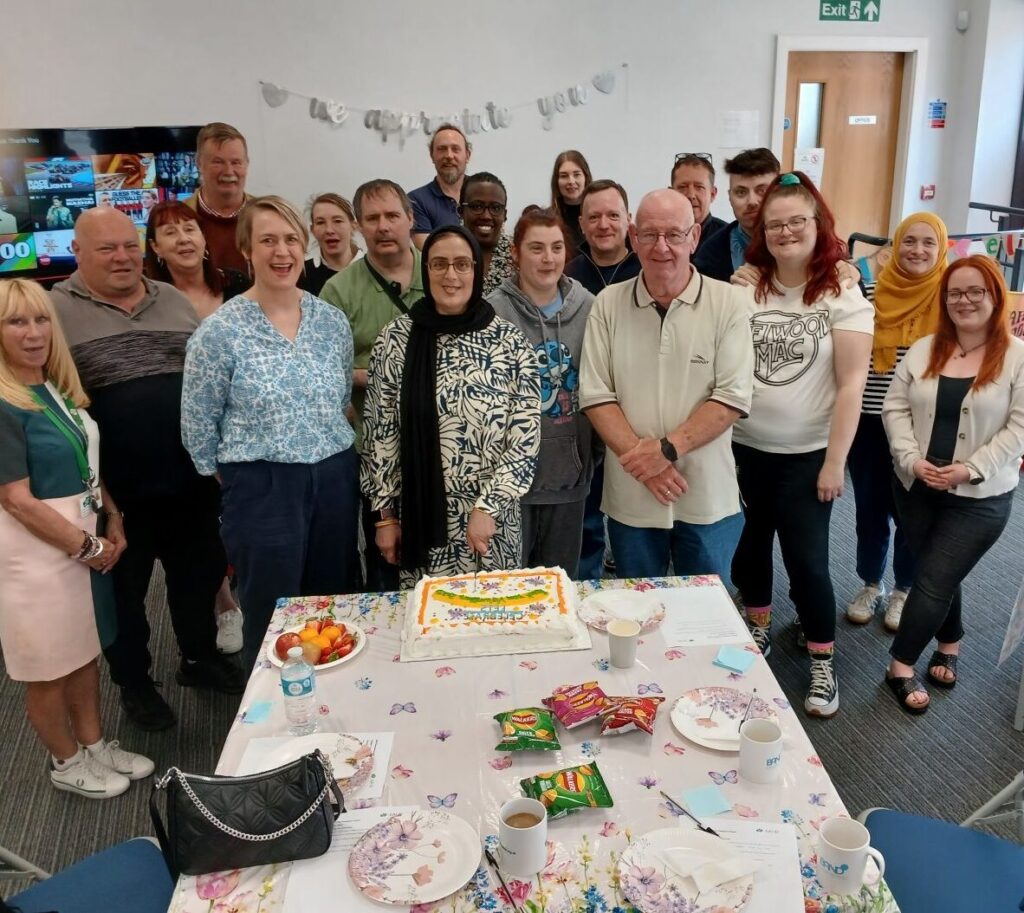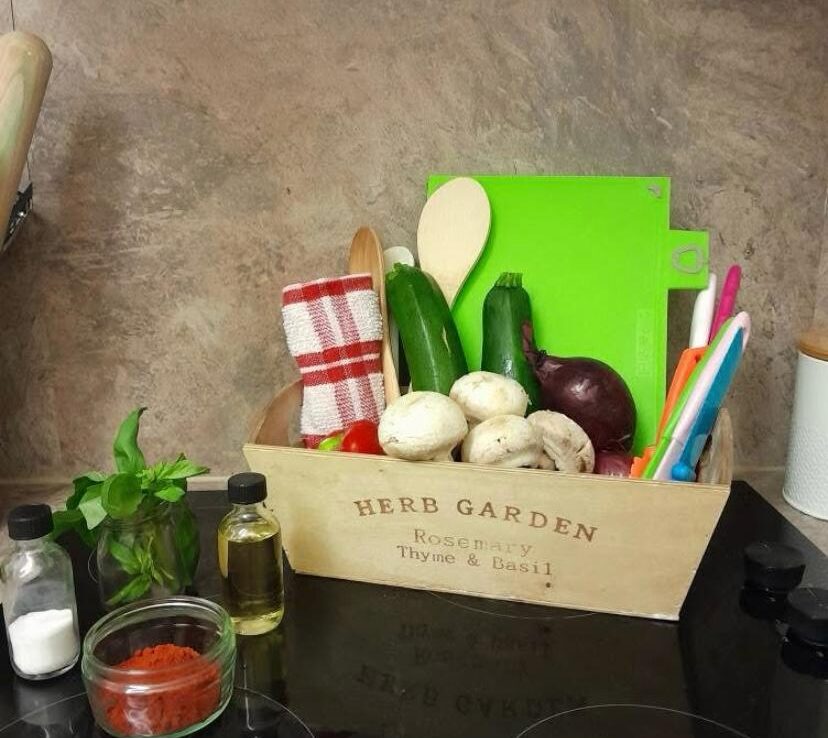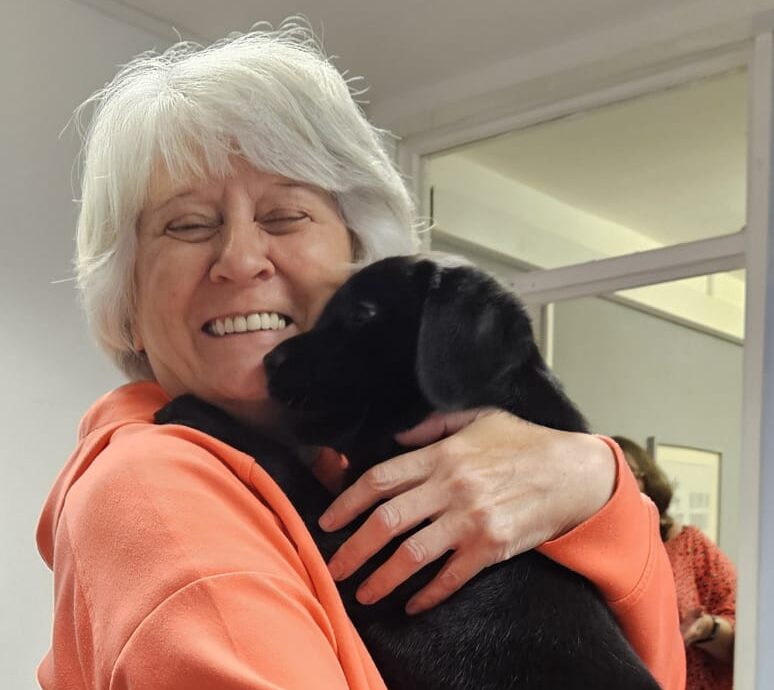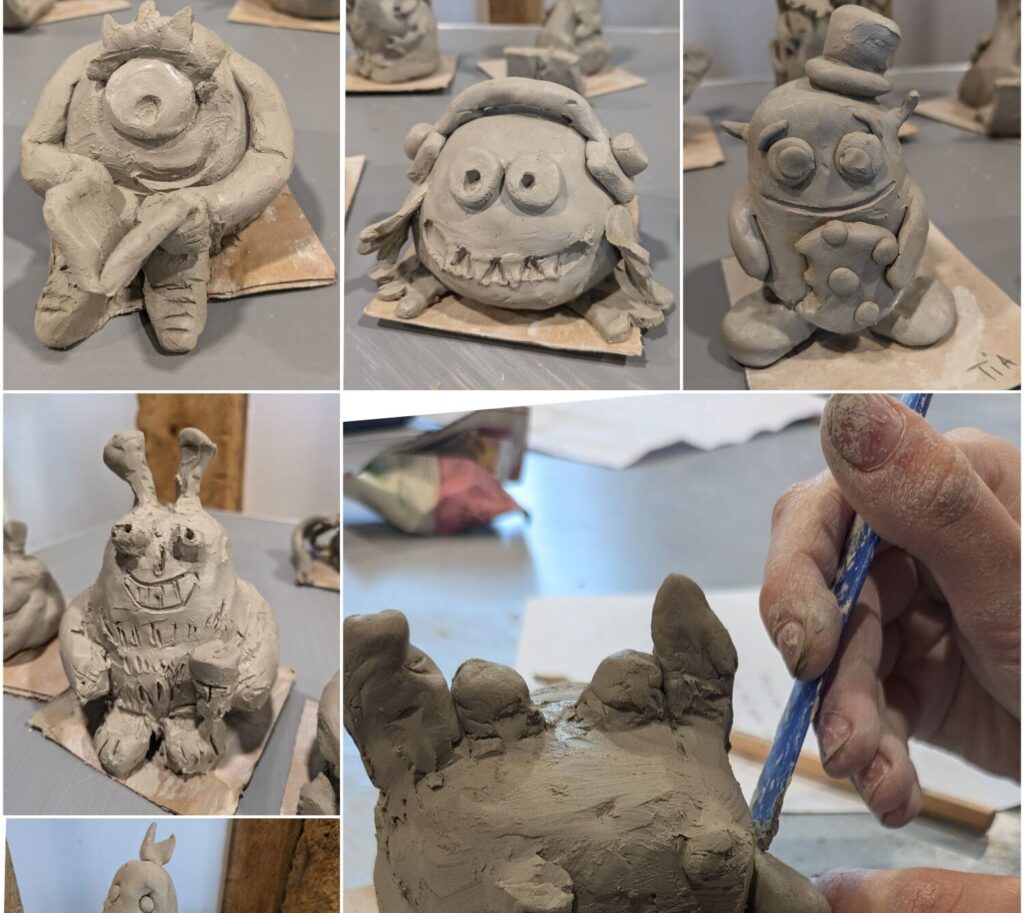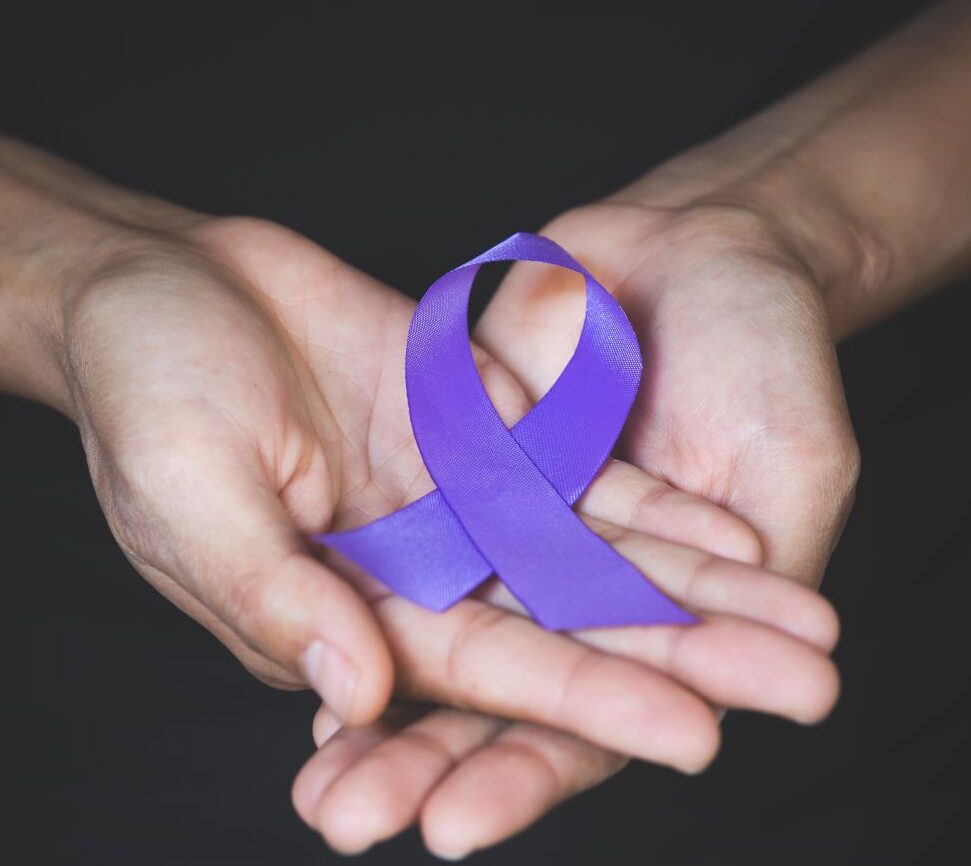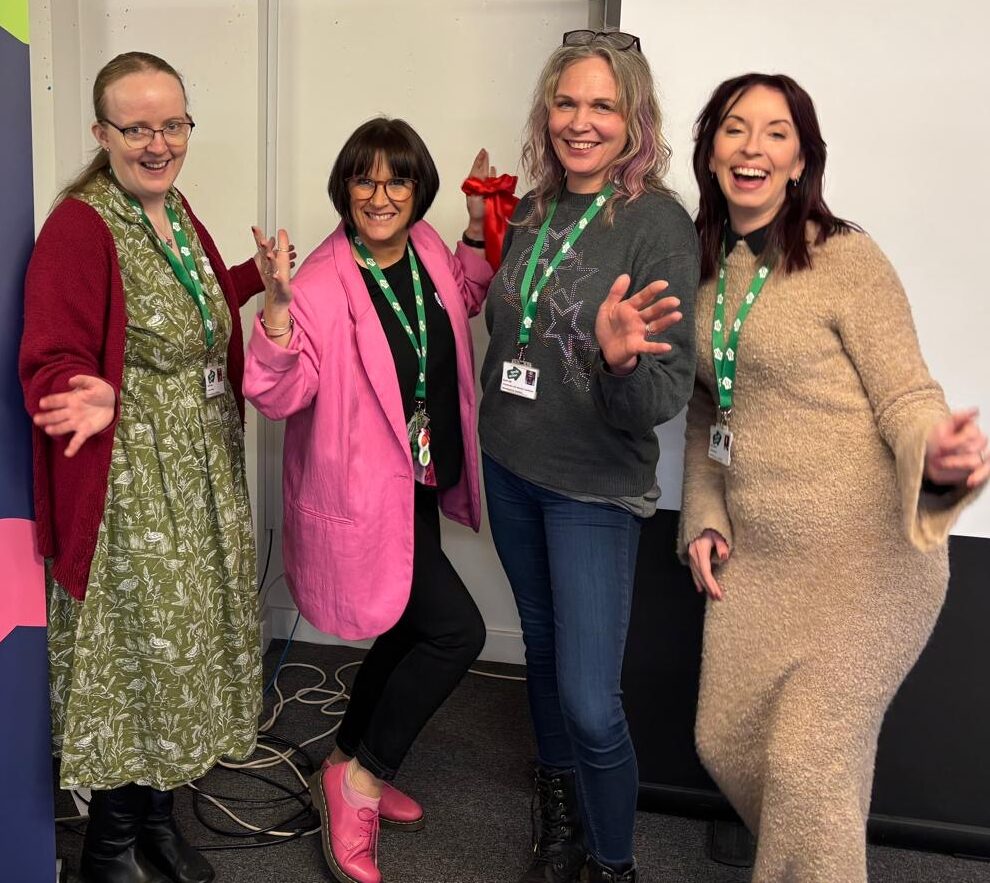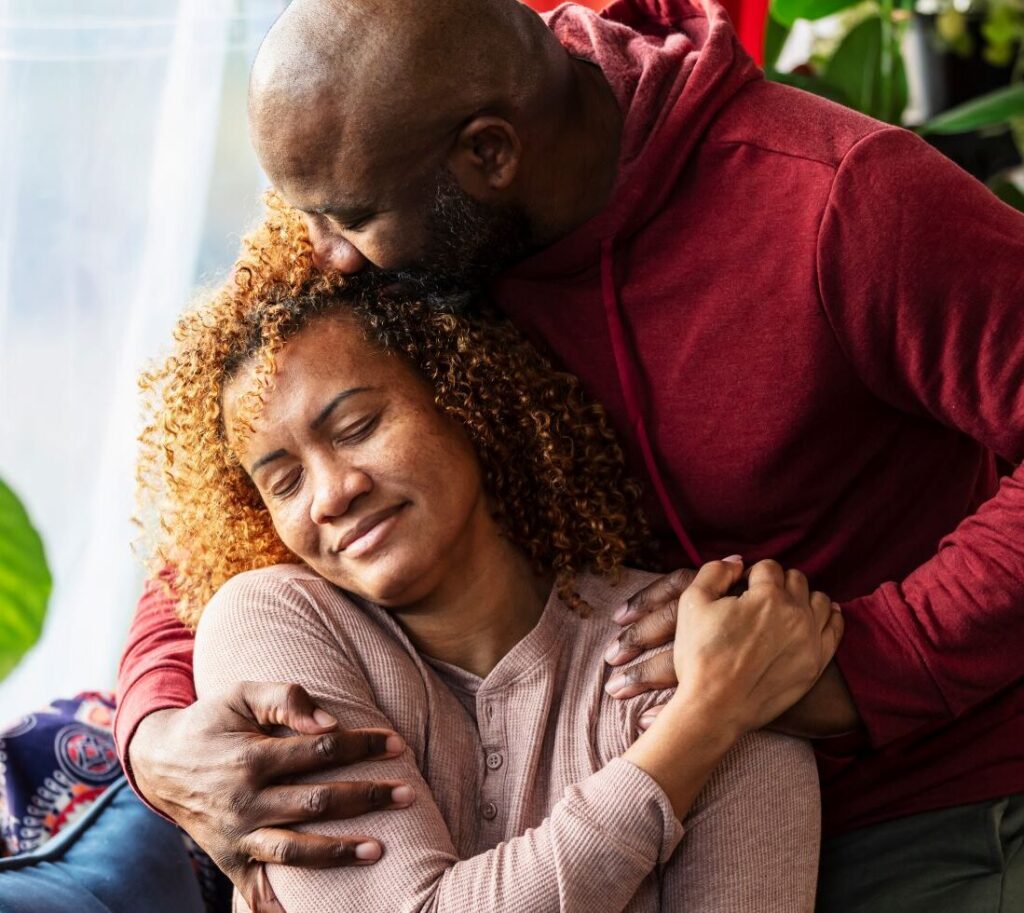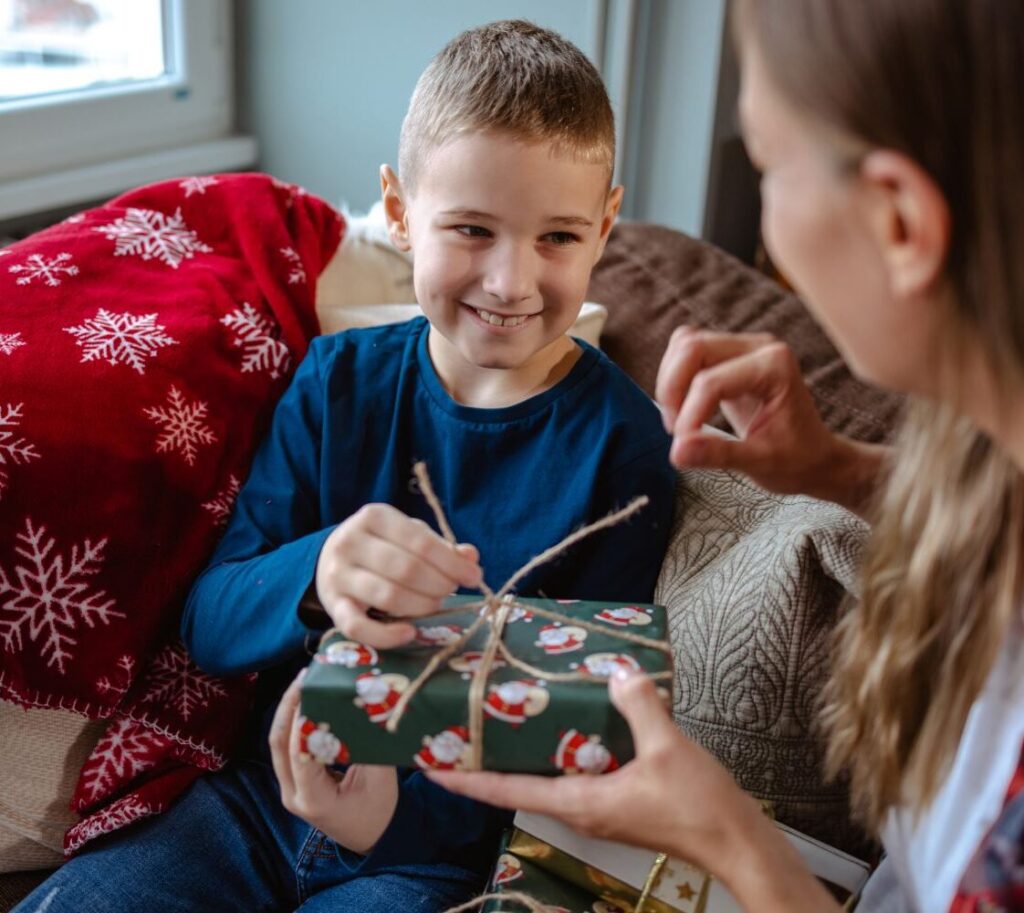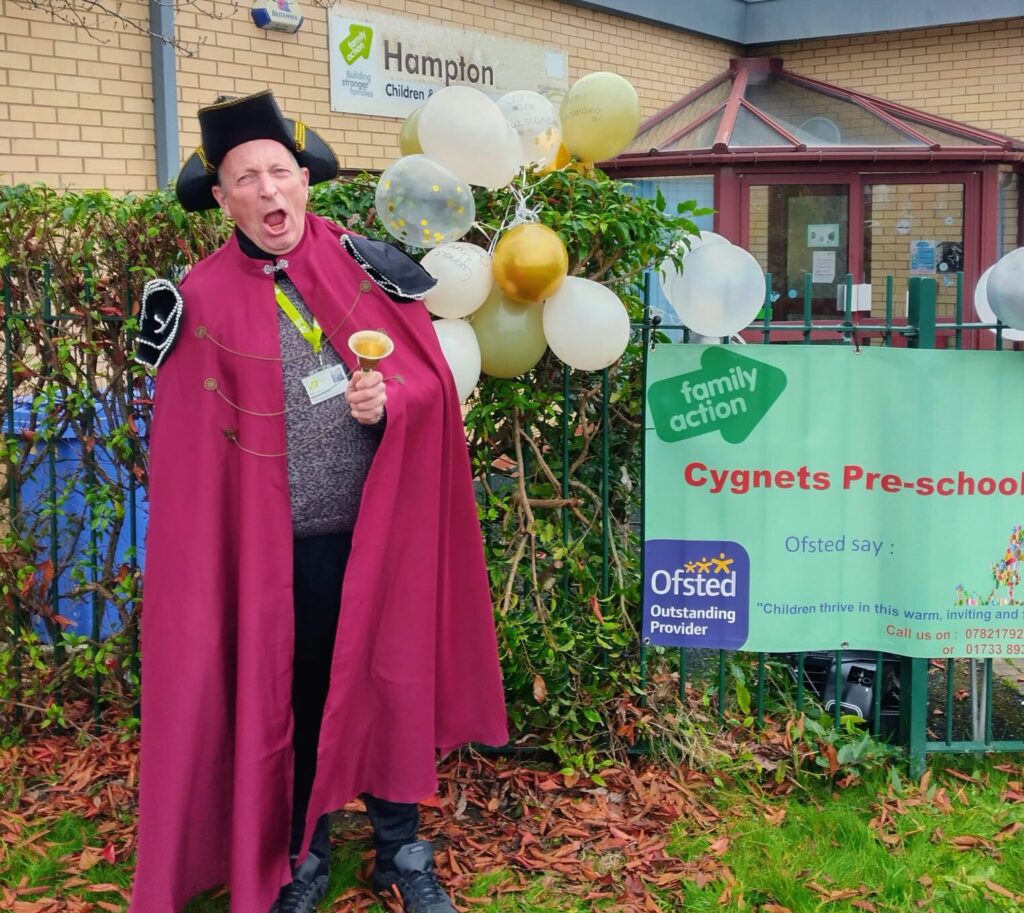As the Chelsea Flower Show approaches and our Family Monsters Garden is unveiled we look at the role of our ESCAPE community allotment service on the project and how gardening can be a great way to manage your mental health family monsters.
Mental illness comes in many shapes and forms and is a family monster that sits on the shoulders of families all over the UK.
As with any family monster, the best way to face it is to share our experiences and talk openly with our loved ones and support network instead of hiding it away like so many of us do. This is what our year-long Family Monsters Project, to celebrate 150 years of Family Action, is all about.
The benefits of green therapy for mental health and wellbeing have long been documented. There’s something really wholesome, really nourishing, really nurturing, about spending time in the great outdoors and sowing a seed to watch it grow.
A 2016 study from Natural England, commissioned by the University of Essex and Mind, the UK’s leading mental health charity, found that taking part in nature-based activities significantly contributed to a reduction in mental health conditions such as anxiety, stress and depression.
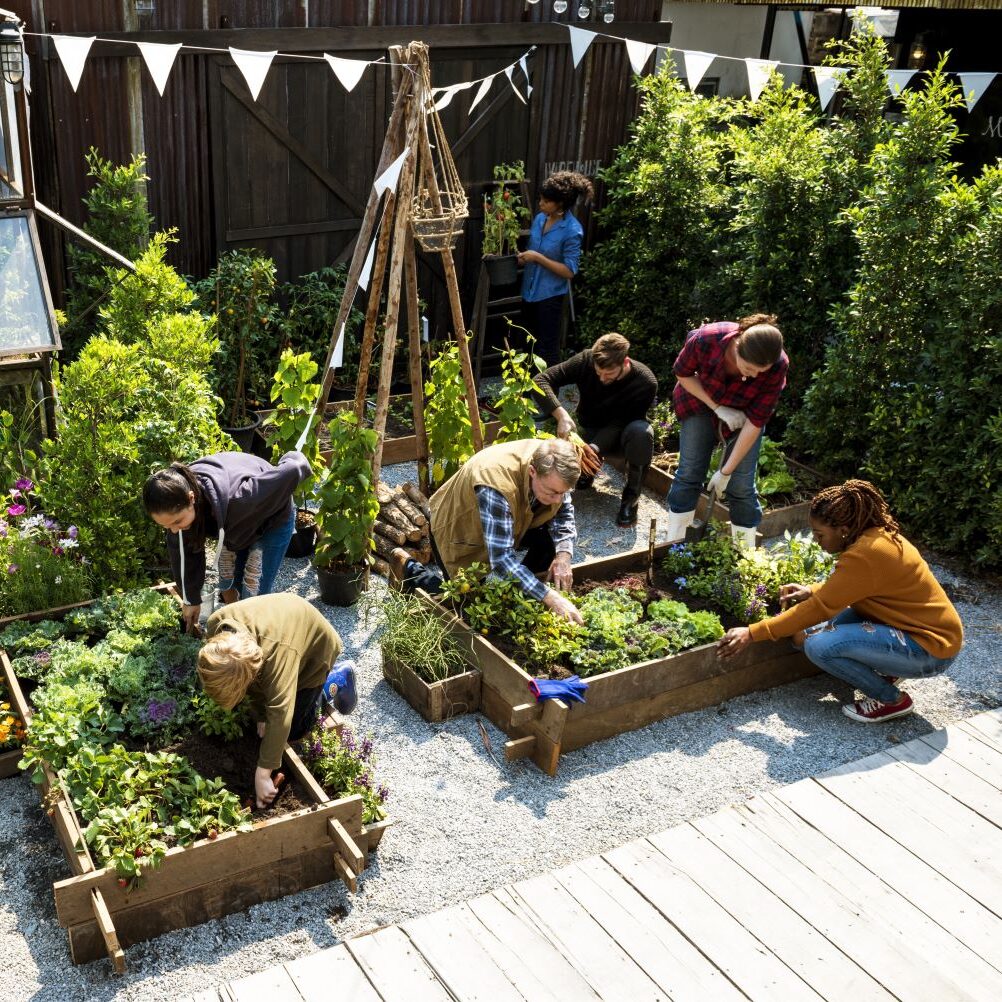
Green therapy at the Chelsea Flower Show
So it seems perfect that the timing of this year’s Mental Health Awareness Week coincides with the UK’s most prestigious green event – the RHS Chelsea Flower Show, where we’re building our Family Monsters Garden, in partnership with idverde.
This week is build week, and the week that one of our vital eco-therapy community projects gets to see their labour of love over the past few months come together in full bloom.
The ESCAPE Project is one of Family Action’s 150 services – a community allotment and orchard in Swaffham, Norfolk, set up to support and improve the life opportunities of local people.
ESCAPE: A place to belong
For its participants it’s more than a place to grow vegetables and plants. It’s a place to come together, make friends, share experiences, providing a lifeline for its participants – or in their words – a sense of “purpose and belonging” that they have not found anywhere else.
“We have got a Family Action Well Family service here in Swaffham and we found that a lot of the people referred to the project were lonely, part of a mental health system that isolated them even further, they were unemployed – what they really needed was to feel part of and something, have a reason to get up for in the morning, and to make friends,” explains Claire Peak, Family Action Project Manager.
“The idea for ESCAPE actually started from a little gardening club at the local junior school. The children who found it difficult to socialise came along to the club and would dig frantically and were part of the group that were busy doing something at lunchtime.”
“A little boy was in the group – we brought him up here and asked him what he thought about the space that we’d been offered by the town council to have an allotment project, and he was the one who christened it ESCAPE – he said it was like a place to escape to.”
The importance of community gardens
Now, five years in, the project is thriving. Amongst the beautifully well-kept plantations, vegetables and handmade woodturning tools you’ll find a busy outdoor kitchen with a cob oven where participants come together to feast on the fruits of their labour from around the plots.
The covered space means the service can stay open all year round offering seasonal activities and learning opportunities such as accredited horticultural courses, beekeeping, willow and woodwork.
The people who come to ESCAPE do so either from professional or self-referral, to help their various mental health and learning conditions.
Project Manager Katie Fullilove has been working with the project for 5 years and says the change in people is transformational when they come here:
Community gardens are a really underused resource. It’s become really evident how much people need a sense of purpose and somewhere to be, and somewhere to belong.
“At ESCAPE there is such a diverse range of people from all different elements of community, a lot of people on the edge of society but when you provide a space for people to come and just express themselves and express the things they’re enthusiastic about and interested in, magic really happens. People here really feel a sense of community and they all support each other.”
The sense of community, belonging and purpose is a sentiment that’s shared around the whole community:
“What does this place does for me is it’s made me remember the positives of who I am,” says volunteer/participant William, who is autistic and has Aspergers.
“In its name it’s escape. It makes you feel part of a valued community. It makes me feel like I’m human again. I’ll always have my problems and difficulties, however this helps with it being softened somewhat. I find some social situations quite difficult and this takes me to a world where I feel cared for, and also there’s an achievement aspect. I’m doing something practical and that I find rewarding.”
